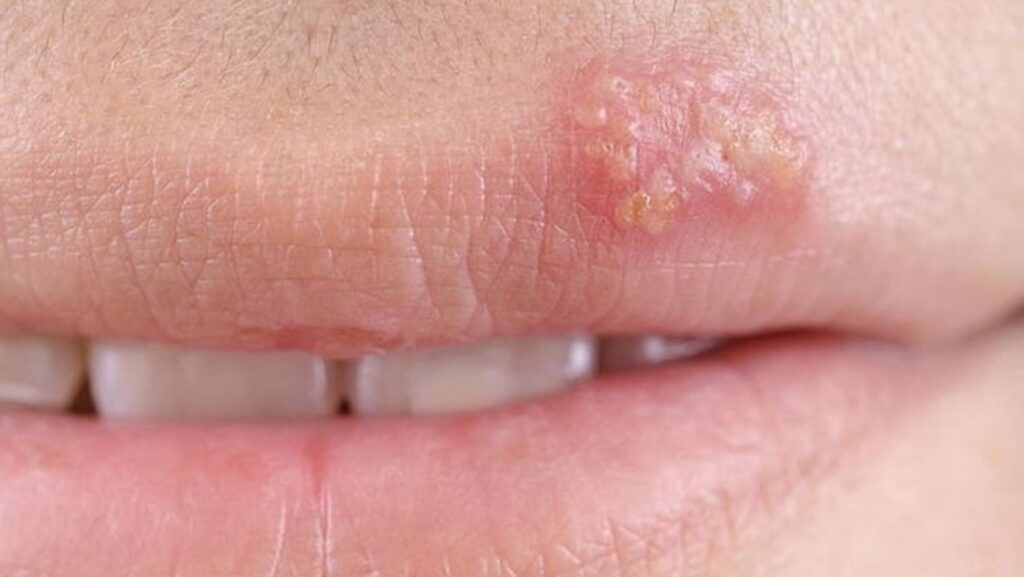Cold sores, also known as fever blisters, are a common condition caused by the herpes simplex virus type 1 (HSV-1). These sores typically appear around the lips but can also develop on the chin, cheeks, or inside the nostrils. While they often heal within two to three weeks without leaving scars, they are painful and, more importantly, highly contagious. One of the most common ways to spread cold sores is through close personal contact, particularly kissing. In this article, we’ll explore how cold sores spread and what precautions you can take to prevent transmission.
Understanding How Cold Sores Spread
Cold sores are caused by the herpes simplex virus, which spreads through direct skin-to-skin contact. Kissing is one of the primary ways the virus is transmitted. The blisters associated with cold sores contain fluid that is rich in the active virus. When the blister breaks, the virus is released and can spread from one person to another through contact.
It’s important to note that the virus can be transmitted even if there are no visible sores. This phenomenon, known as “viral shedding,” means that the virus can be spread via saliva, even if the infected person doesn’t have an active outbreak. As a result, it’s possible to catch the virus from someone who appears symptom-free at the time of contact.
Why Are Cold Sores So Contagious?
Cold sores are highly contagious because the virus can be spread through minimal contact with the fluid from the blisters. The most common transmission methods include kissing, sharing personal items like utensils, lip balms, towels, or razors, and touching the cold sore and then touching another part of the body. The virus can even spread to other parts of the body, such as the eyes or genitals, when it comes into contact with infected fluids.
How to Prevent the Spread of Cold Sores
If you or someone close to you has cold sores, taking preventive measures to reduce the risk of spreading the virus is essential. Here are some key steps you can take:
- Avoid Kissing During an Outbreak: This is one of the most effective ways to prevent spreading the virus. Cold sores are at their most contagious when the blisters are oozing fluid, so it’s important to avoid any close physical contact during this time.
- Do Not Share Personal Items: Items like lip balms, towels, razors, and utensils can carry the virus and spread it to others. Avoid sharing these items with someone who has an active cold sore.
- Consider Antiviral Medication: For individuals who experience frequent cold sore outbreaks, antiviral medications may help reduce the frequency and severity of the outbreaks. Consult a healthcare professional to discuss possible treatment options.
Conclusion: Can You Kiss Someone With Cold Sores?
Yes, cold sores can be transmitted through kissing, especially when the blisters are visible. However, even if the sores have healed or aren’t visible, there is still a possibility of transmission due to viral shedding. While there is no cure for cold sores, taking preventive measures can significantly reduce the risk of spreading the infection to others. If you suffer from frequent cold sore outbreaks, it is important to be mindful of how the virus is transmitted and take steps to protect your loved ones.
Important Note:
Before making any significant changes to your health, it is always advisable to consult with your doctor or healthcare professional. They can offer personalized guidance based on your medical history and current health condition.
For any health-related concerns, please contact us at +91-9058577992 to receive a free consultation from our experienced doctors. Your health is our top priority. Thank you.

